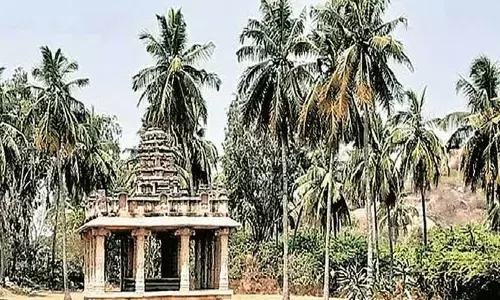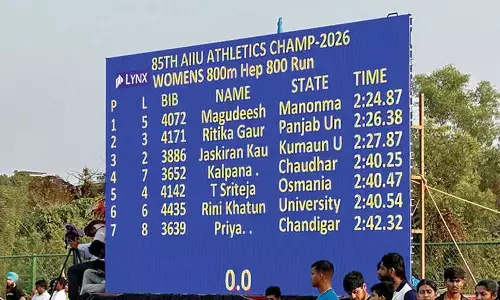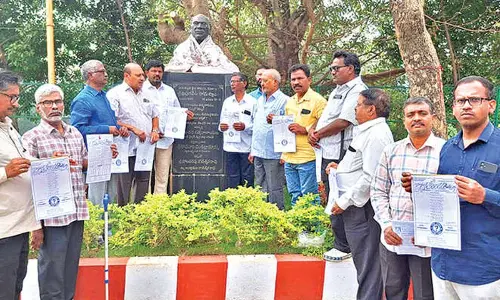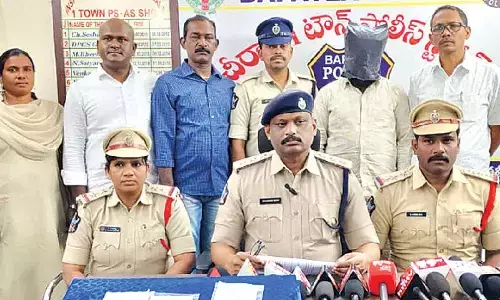PSBs merger building block for $5 trillion economy
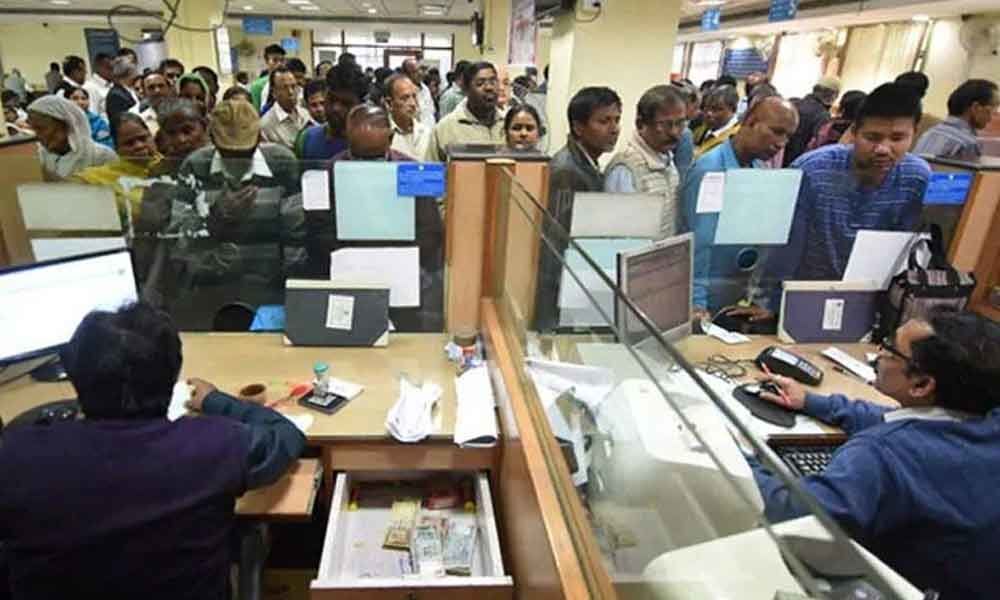
The consolidation will help create strong and globally competitive banks with economies of scale and enable realisation of wide-ranging synergies, says Finance Secretary Rajiv Kumar
New Delhi: The government's decision to consolidate 10 public sector banks (PSB) into four mega state-owned lenders will act as a building block for achieving $5 trillion economy target, Finance Secretary Rajiv Kumar has said.
"To support next level of growth, the country needed big banks. The mega merger announced on Friday aims to achieve that objective.
We will now have six mega banks with enhanced capital base, size, scale and efficiency to support high growth that the country requires to break into club of middle-income nations," he said.
The consolidation will help create strong and globally competitive banks with economies of scale and enable realisation of wide-ranging synergies, he said adding that now they would have wider reach, stronger lending capacity and better products and technology to serve customers of new India.
Asked about the road map for future, he said the banking sector would be "technology driven, clean, responsive" and there will be no gaming of system by any of the stakeholder in the financial sector space be it auditors, rating agencies, creditors, or bankers.
"All well capitalised well provisioned banks to support $5 trillion economy." The state-owned banks can now look forward to efficiency gain, higher profit, better services to customers and also more benefits to their employees, he said.
For bigger banks, he said, the government has provided 0.25 per cent higher capital than required keeping in the mind their domestic systemically important status.
Moreover, he added, the Indian banks are having one per cent higher core capital requirement than the Basel III norms. On the effective date of merger, he said it would be fixed after consultation with respective bank boards as had happened in case of Bank of Baroda.
"There is a process which needs to be followed. There are some regulatory approvals which are required. Banks have sufficient time for charting out smooth and seamless amalgamation date. It could happen from January 1 or April 1 depending on their readiness. It would not be later than April 1," he said.
During the intervening timeframe, he said, credit growth will not stop and there will be no disruption for the customers. When asked about rationale for doing all the four mergers together, Kumar said, "We wanted to do it one time, give the road map and remove the uncertainty.
Now there is no uncertainty and the road map is all clear. Governance reforms done. Who wants to give their power, we have given it? Even in appointments we have given it. Now it is completely professionalised."
Kumar, who spearheaded the exercise of cleaning up the banking sector, has several firsts to his credit. These include highest ever capital infusion in the banking history and successful completion of the first three-way merger with Bank of Baroda as the anchor bank.










